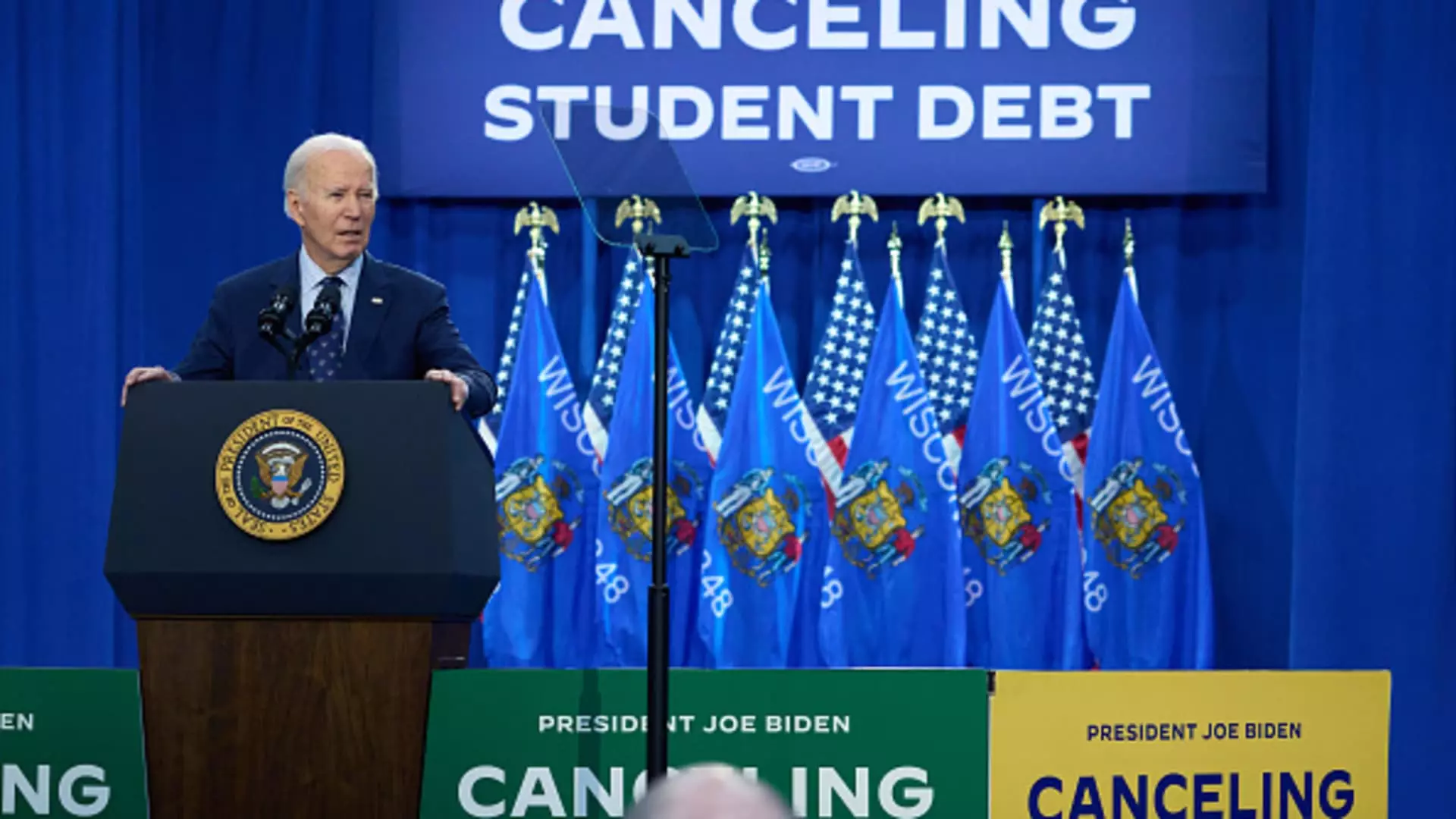President Joe Biden’s administration is planning on releasing a final rule on student loan relief in October according to the U.S. Department of Education’s Spring 2024 Unified Agenda. This move has sparked discussions about the potential impact of debt forgiveness on the upcoming election. Experts like Mark Kantrowitz have pointed out that the administration could speed up the implementation of the program by publishing a notice in the Federal Register. However, this decision has raised concerns about the timing of the relief and its potential effect on the election.
The issue of student loan forgiveness has divided Americans along political lines. Conservatives have questioned the fairness of forgiving the debt of those who have received a higher education and the burden it places on taxpayers. Groups like Heritage Action for America have criticized the administration’s plans, claiming that it is unconstitutional to force all Americans to take on the debt of a select few. There is a fear that Biden’s debt forgiveness initiative might backfire and impact his chances in the election.
Public support for student loan cancellation is significant, with almost half of all voters considering it an important issue in the upcoming elections. According to a survey by SocialSphere, a research firm, 48% of voters view canceling student debt as a crucial issue. Additionally, support is even higher among younger generations and minority voters. Gen Z and millennial respondents, as well as Black and Hispanic voters, see debt forgiveness as an important factor in the election.
Former President Donald Trump has been vocal about his opposition to student loan forgiveness. During his presidency, he called for the elimination of existing loan relief programs and aimed to reduce the Education Department’s budget. Trump has criticized Biden’s loan relief policies and has indicated his intention to make further cuts to financial aid programs if re-elected. His stance on debt cancellation remains firm, despite increasing calls for relief from borrowers.
The Biden administration’s attempts at implementing loan forgiveness have faced legal challenges, with six Republican-led states filing a lawsuit against the first sweeping debt relief effort. Critics argue that the president exceeded his authority and that debt cancellation would negatively impact lenders. The Supreme Court’s rejection of Biden’s initial loan forgiveness plan set a precedent, making it difficult for the administration to push through its revised relief program. Legal battles are expected to continue following the publication of the new student loan forgiveness plan in October.
The upcoming election has added an extra layer of uncertainty to the issue of student loan forgiveness. With the potential for legal challenges and political pushback, the future of debt relief remains uncertain. The debate over the fairness and practicality of forgiving student loans is likely to intensify in the coming months as voters weigh their options at the ballot box. The Biden administration’s efforts to provide relief to borrowers may face further obstacles, requiring careful navigation in the complex landscape of student loan forgiveness.

Leave a Reply